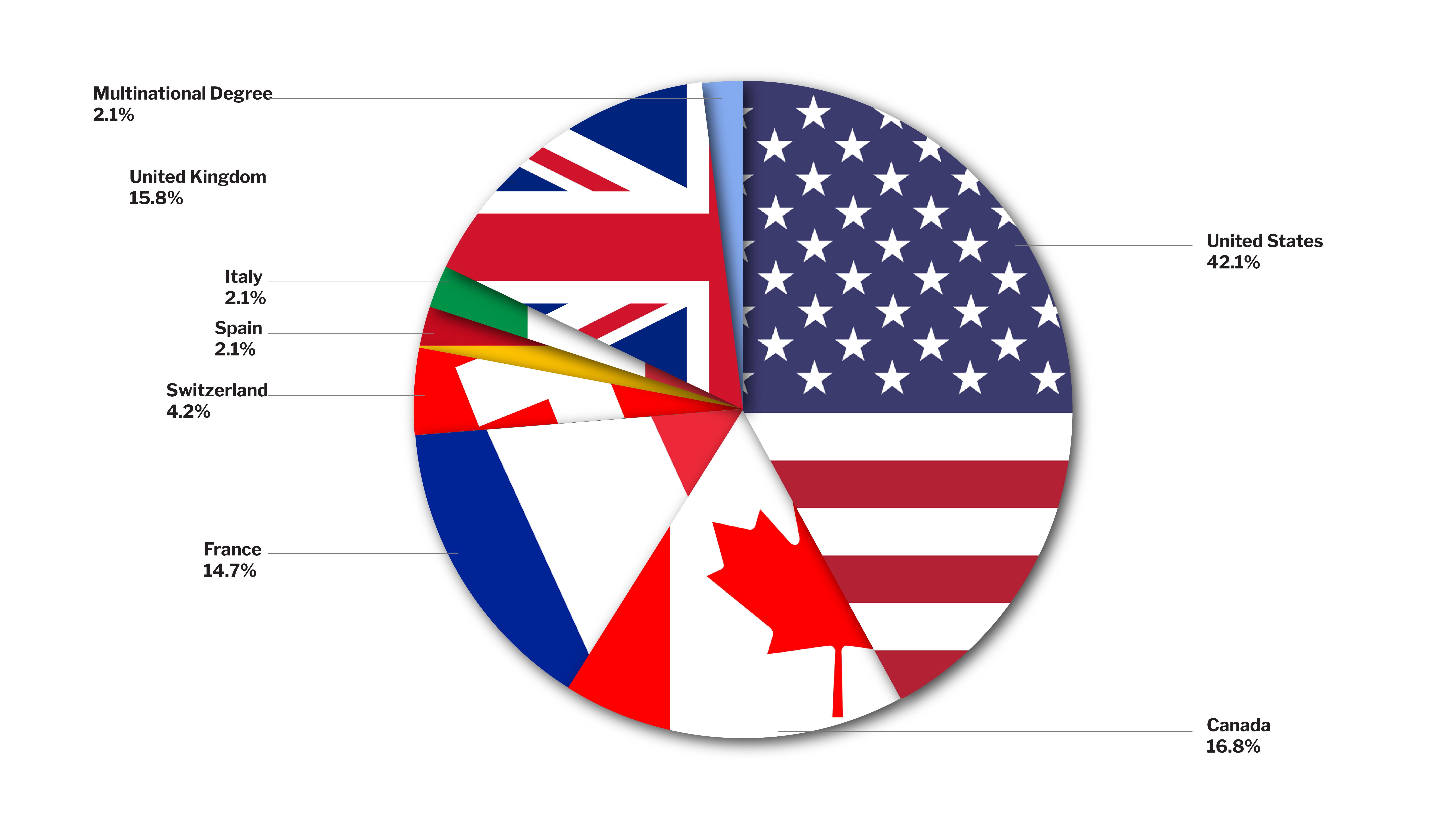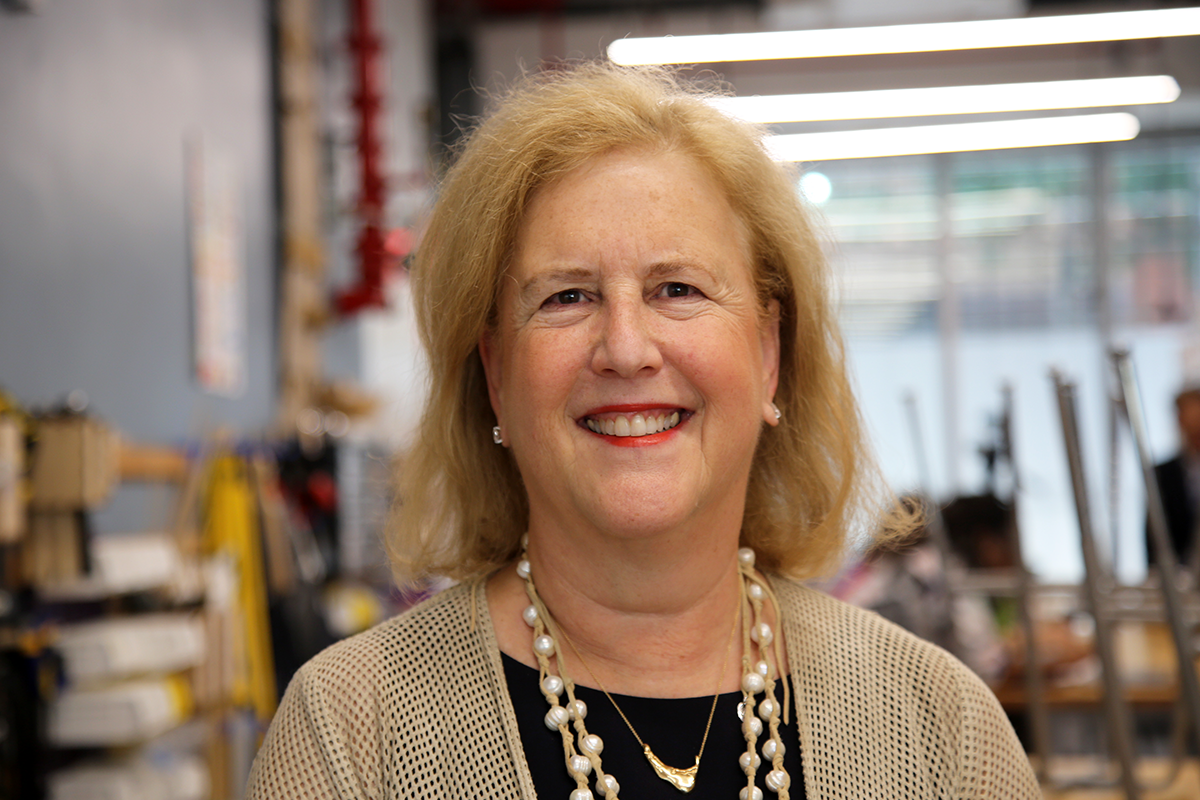It’s fall. How do I know? I know because the pace of the College Counseling staff has quickened as college and university deadlines loom. Students are finalizing their lists, drafting and redrafting their essays, and trying to stay focused on what is most important: their classroom work and performance.
But before we look forward, a look back. The Lycée Class of 2020 holds firm in our memory! Their college and university results were stunningly good, a tribute to them, their achievements, and their global outlook–notwithstanding the beginning of confinement and a global pandemic. We (and their families, of course) sent them off to post-secondary destinations across seven countries. They are pursuing liberal arts, business, engineering, studio art, hospitality and myriad other subjects.

Anna, a student at Sciences Po-Berkeley, writes from Reims: “College during this pandemic was not predicted to be enjoyable, but the past month has proven this prediction wrong. The hybrid program strikes the perfect balance between in-person and virtual classes, caution and return to semi-normal life and education and social events. I feel ready to write a 20/20 worthy essay! I am incredibly thankful for my Lycée experience and believe the Sciences Po-Berkeley Dual Degree program I chose is the perfect continuation of internationally oriented education!”
And Adrien recently checked in as well: “Penn decided to go 100% online, so I am still in NYC right now. I would say Lycée prepares students really well for all the social science classes due to the diversity of authors and ideas seen in both French and English classes.” So whether still awaiting a campus experience or being immersed in one, Lycée students are successfully moving forward! We expect to welcome a group of them back as speakers at our annual first-year college panels for Y11 and Y12 students in December.
Admissions Season 2020-21
So, how can we best guide current students during this unusually stressful time, amplified by a pandemic, hybrid scheduling, and continued uncertainty? Let me offer three important pieces of advice:
- Stay focused: Students are reminded by all of us that what is most important in the college process is their continued success in a demanding high school program. Letting work lapse is not a good idea. Finding balance between completing applications and doing homework can be tough. But in the end, consistent, successful work will be the most important element reviewed in their college application files. Check in with your students. Help them to take a deep breath. Lower the stress level in all the ways you can.
- Resist temptation: As students strain to do all the things on their very crowded plates, it is tempting to intervene as a parent. Please don’t. Applying to college is the students’ responsibility. Admission officers know that an essay may have been reviewed by an English teacher or parent, but their hope is that the student’s voice is clear and strong. And, it’s important to remember that students sign-off on their applications verifying the authenticity of their submission. So be supportive, but remember: it’s the student going to college, not you.
- It’s all about FIT: Choosing a college is ultimately all about fit. If your student is looking at programs in the UK, then they presumably have done the research to understand the focused nature of that educational system. If plans include the US, there are hundreds of schools – even some of which you’ve never heard that may represent the right choice. In Canada and France, we see elements of both approaches. As families, you need to agree on geography, discuss financial realities, and give the nod to subject specific course programs. Beyond that, trust your college counselors to help students compile lists that make sense academically while respecting parameters. It’s a tried and true method.
Undoubtedly, this will be a hard year, arguably harder than others for high school seniors. Their entire college search has been conducted largely virtually. They are likely to make final choices without having had the opportunity to make a visit or revisit. Know that our university partners understand the unusual nature of 2020. They are trying mightily – and I might add, quite successfully – to represent their institutions virtually and to consider obstacles. It’s one of the reasons why almost every university in the United States is test optional. No one wants the issue of access to standardized testing to impact a student’s application unnecessarily. Make good use of those virtual visits and information sessions. Reach out to email an admission counselor with a question. Attend virtual events to which you are invited. And in the end, just as it has been for decades, students will have a great destination for their next chapter. And I’ll be writing about them with pride next fall.
About the Author :
Gail Berson comes to the Lycée with more than 35 years of experience in college admission and counseling. A magna cum laude graduate of Bowdoin College, she earned her master’s degree at Emerson College. She served as Vice President for Enrollment/Dean of Admission at Mount Holyoke and Wheaton Colleges, as Director of Admission at Mills College (CA), interim college counselor at Rocky Hill School (RI), and has consulted widely at a variety of colleges and independent schools. Gail, who has been a frequent speaker on college admission, is a former trustee of the College Board and currently volunteers for the World Leading Schools Association (WLSA) where she presented sessions at their summer programs in Shanghai, Jeju Island, Seoul and Prague. She also served as a past president of the Bowdoin Alumni Council. During vacations, she enjoys spending time with family and friends at her home on Nantucket.


